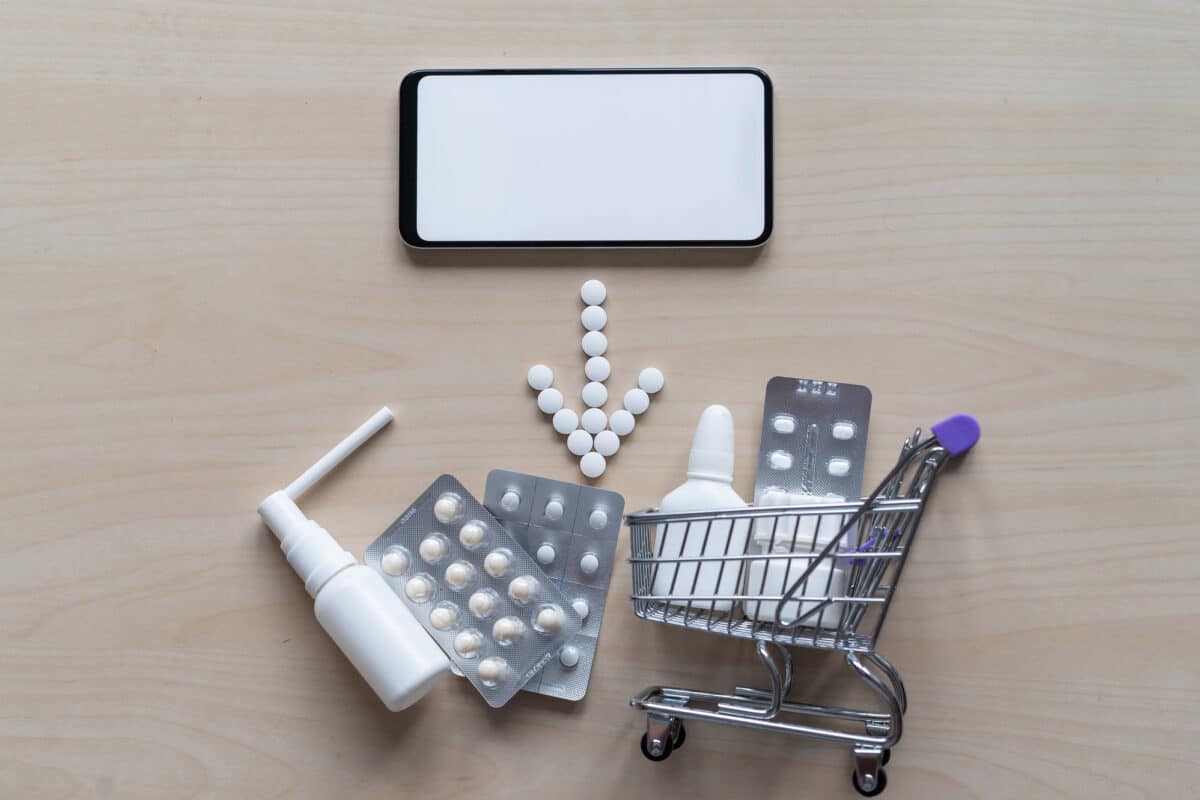Rx discount cards are a popular recommendation when looking for ways to save money on prescription drugs. Today, most Americans are taking advantage of major discount prescription cards, such as GetDealRX, to get 20-40% off a wide range of brand name and generic drugs.
However, there are still those who find this deal too good to be true and choose to tread carefully. If you’re among the latter, consider this your ultimate guide on prescription discount cards, how they work, and whether they are a legitimate way of saving money.
What is a prescription discount card?
This is an agreement between an Rx discount card and a pharmacy. The Rx company negotiates discounted drug prices on behalf of the patients with the pharmacy. The latter agrees to offer lower prices to card holders paying for the medication out of pocket. For instance, if a pharmacy sells a certain prescription drug at $45, a cash buyer using a prescription card may be charged around $36.
On average, prescription cards save the holder 20% on brand name drugs and around 40% on generic drugs.
Most of the big names in the pharmacy world, including CVS, Walgreens, Walmart, and Kroger, sign up for these programs. You’ll also find some small-scale and private pharmacies participating too.
Rx is not insurance.
One of the biggest misconceptions that most people have regarding an Rx discount card is that it’s insurance. This is not true. As mentioned above, Rx discount cards and coupons are offered by a third party and not an insurance provider.
On the same note, this prescription money-saving method is open to all patients, whether insured, underinsured, or uninsured.
If you have insurance, most discount card providers won’t allow you to use the card and the insurance at the same time. In that case, you’ll want to compare which payment method between the 2 offers you the highest savings and go with it. Oftentimes, you’ll realize that a prescription discount card is better than most insurance copays.
Prescription discount cards and coupons- are they different?
Well, Rx coupons and cards are technically the same, and they offer similar benefits. But there are a few differences that make one better than the other.
A prescription discount coupon is a code generated by the Rx website or mobile App. You only need to show this code to the pharmacist to redeem your discount. You may screenshot the code and reuse it every time you visit the pharmacy. However, most Rx companies, including GetDealRX, recommend processing a new code to benefit from the most current discounts.
If you find it a little bit inconveniencing to get a coupon from the website whenever you want to buy some drugs, an Rx discount card may interest you. This is a printable card that stays in your wallet or purse. It allows you to purchase prescription drugs at a discounted price without necessarily accessing the Rx website. While it still saves you money, a card won’t show you which pharmacies have the best discounts near you.
How to Get Rx Discount Card (coupon)
Different Rx companies have slightly varying processes depending on how the website is configured. The key steps remain the same, though;
Step 1: Search for the best Discount card on your phone’s browser.
Step 2: Key in the name of your prescription drugs.
Step 3: Identify and go for the pharmacy with the best savings.
Step 4: Process the coupon and show it to the pharmacist to get the discounted prescription price.
If you wish to use a card, you’ll find an option to register on the site and have the card sent to your phone or email almost instantly. Some companies also have an App that makes the entire process even simpler.
Are Rx discounts legit?
Considering the ever-rising cost of medication in the USA, it’s easy to wonder whether Rx discount coupons and cards are legitimate. The answer is yes.
Prescription discount cards are a reliable way of buying prescription drugs at a lower price for patients who self-pay. You’re not charged anything to access and use these cards. Moreover, most companies won’t require you to register or create an account on their website to start using the card.
It’s much easier to understand this program’s legitimacy once we explain how the Rx Company and the pharmacies benefit from it.
How do Rx companies make money?
Prescription discount cards make money in the form of referral fees for the foot traffic generated to the pharmacy. When a patient pays using a prescription card, the system displays the price that the patient may pay (often lower than the original price). Next, the prescription discount card charges the pharmacy a fee (typically $5) for processing the claim.
Another way that some (not all) prescription discount cards make money from these programs is through data sale. For instance, personal information collected from the cards may be resourceful in determining what drugs are in high demand in a particular region. This data may be shared with the drug manufacturers and marketers and will surely fetch some money, albeit not much.
What about the pharmacy?
At this point, you may be wondering whether pharmacies make any money through this program. Yes- they do. Here is a list of ways through which pharmacies make money through prescription discount card plans;
-
- Profits even after offering discounts- no one is in the business of losing money. While negotiating for a lower price, pharmacies ensure that they still make a profit from each transaction.
- Increased foot traffic leading to impulse buys- if the pharmacy is located in a grocery store, increased foot traffic increases the chance of selling other products.
- Customer loyalty- if a given pharmacy is known for offering discounted prices on prescription drugs, it’s more likely to receive regular customers compared to others.
Also, check out the discounted deals of pharmacy on wadav.com.
Final Words
At this point, we believe you understand how prescription discount cards work. Additionally, we hope we’ve cleared your doubts on whether these programs are legit and how they save you money.
Note that the prescription discount card market is bursting with these programs. For that reason, we recommend exercising extra caution when choosing the right one. As a rule of thumb, avoid any plan that asks for a registration fee. Also, be cautious when sharing confidential information.
This is a sponsored post
Digital Health Buzz!
Digital Health Buzz! aims to be the destination of choice when it comes to what’s happening in the digital health world. We are not about news and views, but informative articles and thoughts to apply in your business.


